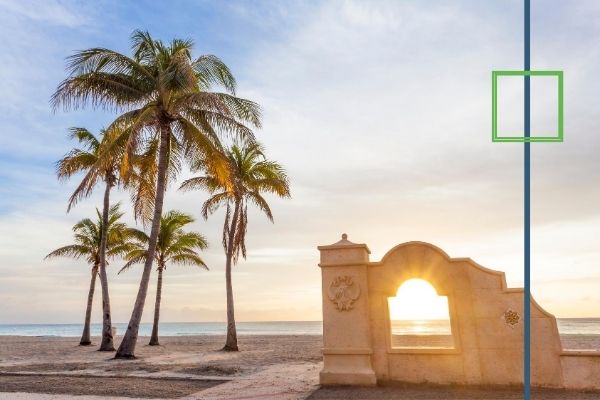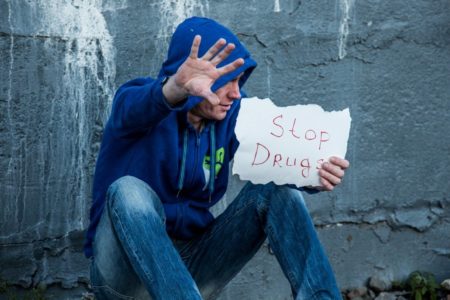Get a free mental health assessment and find out what treatment options are most suitable for you. Depending on the extent of secondary behavioral disorders such as addiction we can first help assess your condition and thereafter guide you to suitable treatment options.
Substance abuse and addiction heavily impact the way a person thinks, feels, and acts. Many individuals with different types of addiction are aware of their problem but have difficulty stopping on their own.
Prolonged substance abuse can result in a vicious cycle of addiction. By the time a person realizes they have a problem, drugs or alcohol have already taken control, causing them to prioritize its use over everything else that was once important in their lives.
Types of Addiction Treatment Programs That May Involve Medications
Long-term Residential Treatment:
Care is available 24/7. It is generally in non-hospital settings. The best example of a residential treatment model is the therapeutic community (TC). It is with planned lengths of stay of between 6 and 12 months.
Inpatient Addiction Treatment:
It requires the person to live at the treatment facility. Moreover, inpatient treatment is the ideal option for those who want to go away from their current temptations. This will allow them to focus entirely on treatment to reach sobriety with no distractions. In addition, the 24/7 care at an inpatient rehab center may provide a more immersive treatment experience.
Cognitive Behavior Therapy (CBT):
It is effective at helping to manage addiction through an understanding of how thoughts influence emotions and behavior. It also works by changing the underlying thoughts towards addiction recovery.
Medication-Assisted Treatment (MAT):
Most treatment facilities incorporate medication into the program to treat withdrawal symptoms, prevent relapse, manage cravings, and treat many types of addiction, and any underlying mental disorders, if applicable. This is according to the Substance Abuse and Mental Health Service Administration [1]
Medical Detox:
The process by which an addicted person clears their body from alcohol and drugs due to substance use disorder and begins recovery from their addiction.
Dual Diagnosis Treatment: A dual diagnosis treatment simultaneously addressing both mental health disorders and substance abuse problems.
Different Types of Addiction Treatment Programs That May Involve Therapy
Individual Therapy Treatment:
Depending on the person’s needs, length of treatment, and level of care, sessions with the primary therapist may be initially scheduled once or twice per week. But this depends on the person’s needs and level of care.
Aftercare:
A plan that each patient and staff developed to increase success after the treatment. It involves self-help meetings and private therapy.
Family Systems Therapy:
Addiction impacts the entire family. Therefore, it is a crucial type of treatment that works with individuals as part of a family system to resolve issues using treatment methods. Also, it focuses on finding a solution to the problem by active interaction between the individual and his or her family.
Group Therapy:
It is a treatment provided in a group that can be beneficial for many reasons, including being cost-effective and providing positive peer support and feedback for managing triggers and staying sober. Most facilities and some private therapists use this method in addition to individual therapy sessions.
Individual Therapy Treatment:
Depending on the client’s needs, length of treatment, and level of care, sessions with the primary therapist may be initially scheduled once or twice per week. During these sessions, the individual’s treatment plan is organized with inputs from both the client and the staff.

Types of Addiction:
Alcoholism
Heroin Addiction
Meth Addiction
Cocaine Addiction
Prescription Drug Addiction
Opiate Addiction

Warning Signs of Any Types of Addiction
If you are concerned someone you care about is struggling with addiction, there are several red flags you can look for. However, it’s important to remember everyone is different; it may be harder to detect addiction in some people than in others. Here are some general warning signs to be aware of:
- Ignoring commitments or responsibilities
- Problems at work, school or at home
- Unexplained absences
- Appearing to have a new set of friends
- Considerable monetary fluctuations
- Staying up later than usual or sleeping in longer
- Lapses in concentration or memory
- Being oddly secretive about parts of personal life
- Withdrawal from normal social contacts
- Sudden mood swings and change in behavior
- Unusual lack of motivation
- Weight loss or changes in physical appearance
We Level Up Florida Treatment Center offers some of the most comprehensive dual-diagnosis substance abuse and mental health treatment. Our treatment center follows an integrated rehabilitation treatment program that provides critical therapy for clients to experience exceptional and comprehensive treatment recovery.
Upon arrival, each client will undergo a comprehensive physical and psychological exam. These exams will be conducted by our team of physicians, counselors, mental health specialists, spiritual advisers, and nutritionists. Together we will determine the underlying issues of our clients. After that, we can then customize an individualized approach and, when appropriate, provide integrated dual-diagnosis treatment.
At We Level Up FL Mental Health treatment center, all working as a team providing help and intervention to all these secondary co-occurring types of addiction. Make this your opportunity to reclaim your life. Call today to speak with one of our treatment specialists.
Inpatient medical detox and residential primary addiction treatment may be available at our affiliated facility at Level Up West Palm Beach Rehab. For some primary behavioral health treatment clients, medical detox and or addiction rehab may be required first. If you have a co-occurring severe substance abuse diagnosis, please contact us prior to beginning inpatient mental health therapy. Treatment services may vary. Please call us to learn which treatment options are most suited for your individual needs.
Source:
[1] Types of Addiction Substance Abuse and Mental Health Service Administration – https://www.samhsa.gov/medication-assisted-treatment